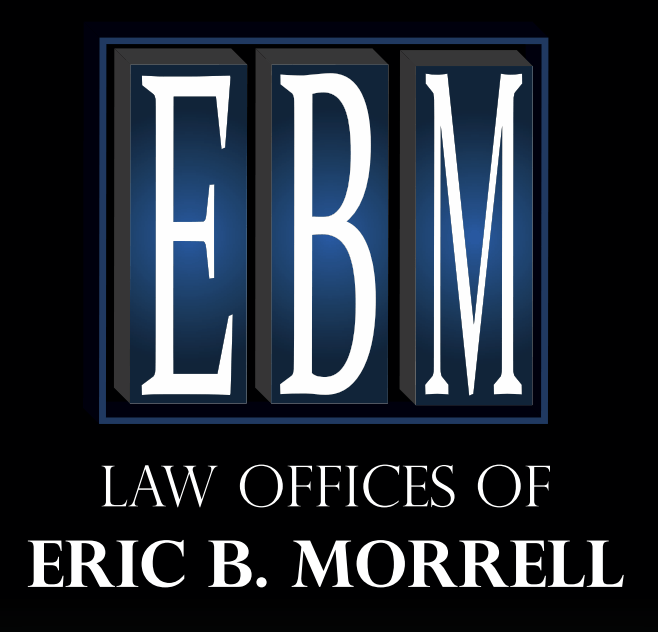Significant Updates on Miranda Rights in NJ
Several monumental decisions have come down in the New Jersey Supreme Court, regarding defendants’ Miranda rights. These court cases have brought into question whether or not law enforcement officers can lie and or use trickery to obtain a confession. However, this could result in a false confession and can lead to them being falsely accused or wrongly incarcerated, as well as having said confession used against them in court. This is a violation of defendants’ Miranda rights. NJ Supreme Court Justice Albin has concurred and dissented on cases to protect defendants’ Miranda rights. It is obvious that he does not believe in the use of trickery and lies by detectives to acquire a confession. Before retiring, he has demonstrated his principles and opinions in his last few cases.
State v. Anthony Sims, Jr. (A-53-20) (085369): Justice Albin dissented in the Sims’ case because the admission of the defendant’s statement to detectives violated his right against self-incrimination. The final decision by the court held that there is no error in the trial court denying the motion for the defendant to suppress his statement to the police and the plaintiff’s hearsay statements at the pretrial hearing were admissible. The plaintiff’s testimony implicated Sims’ violated his own confrontation rights. Whether or not police officers, prior to interrogation are required to inform an arrestee of the charges that will be filed against them is related to the Miranda rights issue. Sims was not told about the charges he was facing and without knowing the charges the defendant faces, they will not be able to intelligently decide whether to waive their right to self-incrimination. It should not have been difficult for police officers to make him aware of these charges because they justify the defendant’s detention. You can see which direction Justice Albin was going in by his dissenting opinion, to enhance defendants’ Miranda rights.
State v. Laura Gonzalez (A-47-20) (085132): Justice Albin concurred in this decision. His concern in this case was the officer’s use of lies and trickery in order to get the defendant to admit to fracturing the baby’s limb during interrogation. Detective Reyes had told the defendant, Laura Gonzalez that there are surveillance cameras in the house and they captured when she hurt the child. Gonzalez was told by Detective Reyes is better off telling the truth about the baby’s injuries. This was not the truth as there were no cameras in the house and telling her that the truth will help her out. According to Justice Albin, the detective’s statements “contravene the Miranda warnings.” Additionally, Gonzalez asked “But now what do I do about an attorney?” and the detective replied that “That is your decision. I can’t give you an opinion about anything.” In another case State v. Reed, 133 N.J. 237, 253 (1993), “A suspect need not be articulate, clear or explicit in requesting counsel; any indication of a desire for counsel, however ambiguous, will trigger entitlement to counsel.” Even if Detectives Reyes was not sure whether or not Gonzalez wanted counsel, she should have asked her to clarify. Since Detective Reyes did not ask to clarify and she did not stop questioning Gonzalez, the apology letter that she wrote to her employers and her confession that she injured the baby were excluded as evidence at trial.
State v. Abayuba Rivas A-15-21(086051): Justice Albin concurred that the defendant’s confession to law enforcement officers be thrown out because of his ambiguous request counsel. As mentioned in the previous case, questioning must cease once the suspect requests for counsel unless they initiate conversation with law enforcement officers. In 2014, Rivas reported his wife was missing and when he was answering questions to help police for the missing person’s investigation, he told them that he had stayed home when his wife went missing. Afterwards, he was shown surveillance footage that he was driving a truck registered to his name during that time. Rivas mentioned that he had left his 2 year old daughter alone at home while he drove around looking for his wife. He was subsequently arrested and incarcerated for child endangerment and providing false information to the police. Once he was placed in jail, he attempted suicide. When Rivas was brought to the hospital, he was questioned by detectives after his Miranda rights were read. He told detectives that under coercion, he had to drive his vehicle while they abducted his wife and they threatened him with death if he called police. Questioning went into the next day. Rivas told detectives, “Ah a lawyer, I need time to find a lawyer. I need to see how much they charge.” and “Do you think that I need a lawyer? Because how you say innocent?” The detectives told him that he had to decide that. Afterwards he told detectives “In the beginning, I say I don’t want a lawyer, and then I want a lawyer so.” and interrogation should have stopped but detectives continued to question him for 5 more hours. Here, the defendant’s 5th amendment right to counsel was violated because his statements should have been sufficient enough to invoke his right to counsel. During this interrogation, he admitted to killing his wife. The next day, the same confession was recorded but with added details. Since questioning never ceased after his ambiguous request for counsel, the court held that both his confessions are inadmissible.
Justice Albin has recently retired but he was able to dutifully further protect defendant’s Miranda rights. We hope the new court will take over and continue his legacy. If some of the newer justices on the court choose to do so, they could make it illegal for law enforcement officers to lie and use trickery to gain a confession out of defendants. We have successfully argued in court when we see our clients’ Miranda rights being violated and thus obtain great results. At the Law Offices of Eric B. Morrell, we keep up to date with the latest case law that could apply to our clients and be used to their advantage. An experienced criminal defense lawyer knows when and how to argue for Miranda rights violations. If you or someone you know is currently being charged with a matter that involves Miranda rights violation or violation of other rights, please call our office at 732-249-9933.








